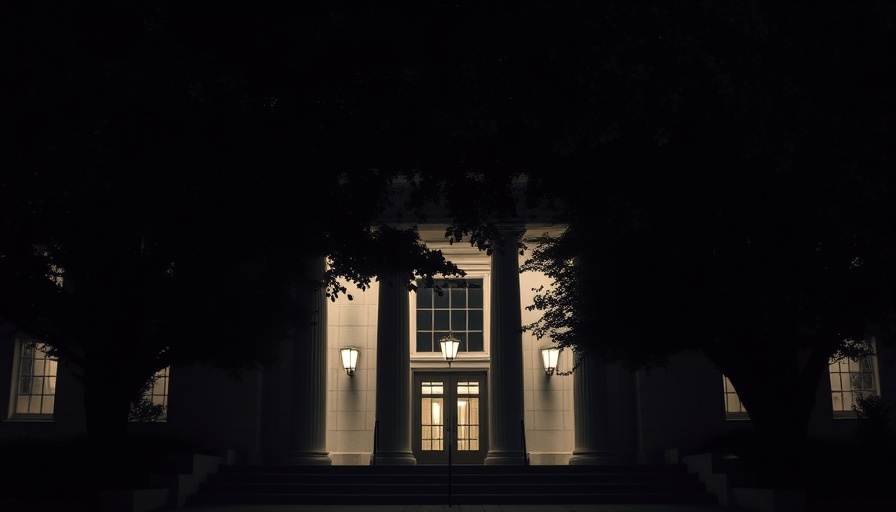
Understanding the FTC's New Rule: What You Need to Know
On May 12, 2025, a significant shift in consumer protection will take place as the U.S. Federal Trade Commission (FTC) implements a new regulation targeting hidden fees associated with live events and short-term rentals. After years of frustration from consumers about being misled by costs that appear only at the final stages of purchase, this new rule mandates pricing transparency for businesses across various sectors, including ticket sellers and lodging providers.
The Scope of the New Regulation
The newly enacted Rule on Unfair or Deceptive Fees explicitly bans practices like “bait-and-switch pricing,” where customers are lured in by low rates only to encounter numerous add-on fees. Under the new rule, sellers will be required to clearly disclose the total price upfront in advertisements for live events, such as concerts or sporting events, and short-term lodging options, including hotels and Airbnbs. This includes mandatory visibility of all known charges, eliminating vague terms such as "convenience fees" or "service fees" that have added confusion to consumers' purchase decisions.
The Impact on Consumers and Businesses
This new rule is poised to benefit consumers significantly by bringing more clarity to pricing. Earlier this year, Airbnb took proactive steps to adjust its platform by ensuring users could see the total cost of their stay upfront, reflecting the industry's readiness to comply with impending changes. As the rule outlines, any business that fails to disclose excluded fees before payment will face penalties, ensuring that transparency becomes the norm rather than the exception. This represents a notable victory for consumer rights, favoring fairness over deception in the marketplace.
Potential Challenges for Implementation
While the FTC's initiative is welcomed, the regulation will also present challenges for various businesses. Those relying on complex pricing structures might need to overhaul their pricing strategies to comply with the new mandates. The requirement to disclose total pricing up front could require significant adjustments for companies accustomed to traditional practices, particularly smaller businesses that lack resources to keep pace with these regulatory changes.
A Broader Trend Towards Pricing Transparency
The establishment of these rules reflects a growing trend in targeting deceptive practices within the tech industry and other sectors. It highlights how consumers are increasingly demanding transparency, particularly in an era of intense market competition from tech-savvy firms that prioritize user experience. This regulatory push aligns with similar initiatives aimed at ensuring that consumers are not misled by opaque pricing strategies, which is a concern shared across many industries beyond events and rentals.
Future Predictions: Where Transparency Takes Us
Looking ahead, this move could set a precedent for additional regulatory frameworks aimed at safeguarding consumers in other areas of commerce. As the FTC continues to monitor compliance and gather data on the impacts of these regulations, we may see alterations in the business models of major industries, encouraging a shift towards fairness and accountability. Transparency in pricing could lead to an upward trend in customer loyalty and trust, positively influencing business success in the long run.
Final Thoughts
The FTC's initiation of a ban on hidden fees signals a transformative moment in consumer protection. By demanding clarity regarding all associated costs, businesses must reorient their practices towards more honest communications with their customers. As we transition to this new regulatory environment, consumers can look forward to a marketplace that respects their right to informed decision-making.
Stay informed on the latest tech news to better understand how such developments shape the interaction between technology and consumer rights.
 Add Row
Add Row  Add
Add 



Write A Comment